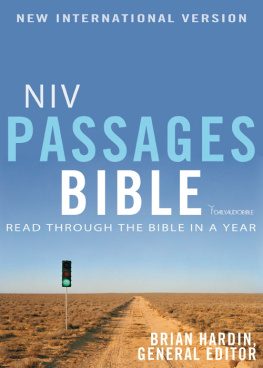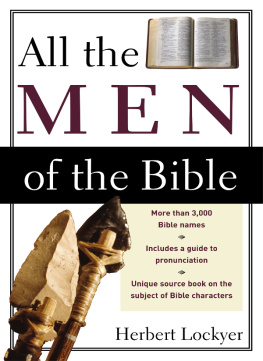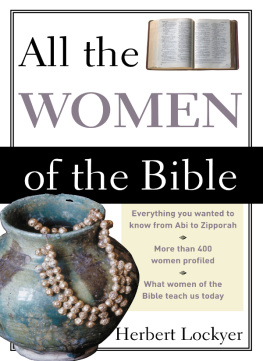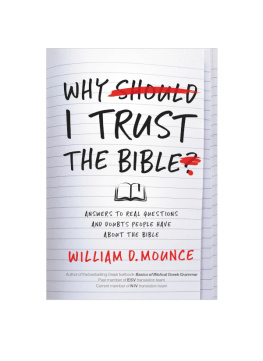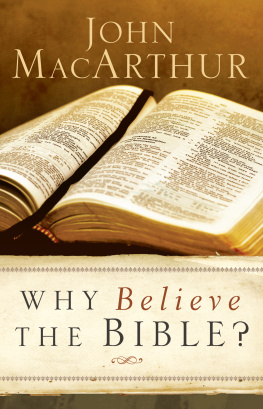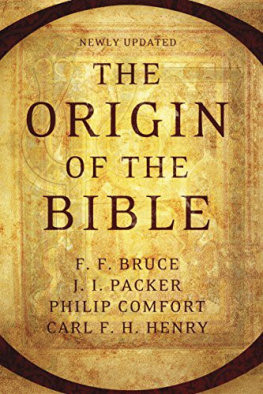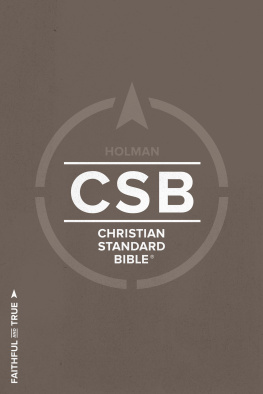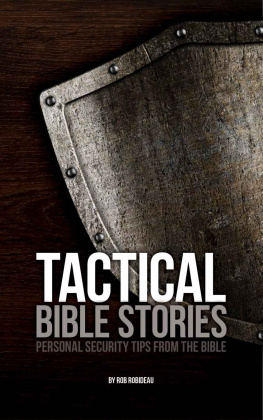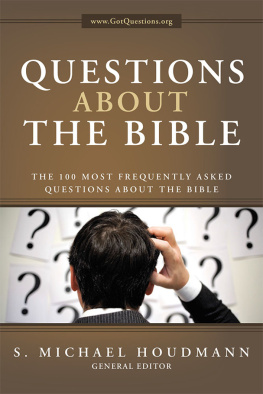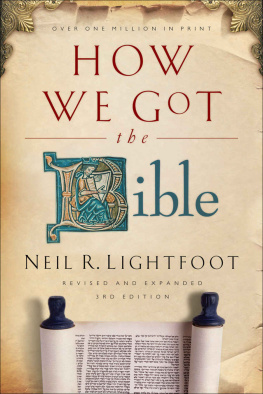Brilliant! Tough questions deserve clear and convincing answers. This is state of the art apologetics that needs no apology. Amys fascinating, wise and informative comments impressively counter much of the superficial and frequently unchallenged debunking of the Bible that we meet everywhere today, e.g. in lightweight journalism, TV documentaries and blockbuster novels like The Da Vinci Code. A must-read for every armchair critic, historian and philosopher. User-friendly and great fun too!
Greg Haslam, Minister, Westminster Chapel, London
This superb book tackles ten difficult questions about the Bible with honesty, integrity and conviction. It will be invaluable to anyone grappling with these questions.
J. John, Evangelist, The Philo Trust, Rickmansworth
Amy Orr-Ewing is emerging as one of the finest young Christian communicators of our day. This excellent book confronts ten difficult questions about the Bible with honesty and conviction. It will be invaluable to anyone wrestling with these questions, or trying to help others who wrestle with them.
Alister McGrath, Chair of Theology, Ministry and Education, Department of Education and Professional Studies, Kings College, London
The RZIM/Zacharias Trust exists to reach those who have objections and questions about the Christian faith, as well as to equip Christians to share their faith with confidence. For more information, visit the RZIM/Zacharias Trust website at www.zactrust.org.
Contents
For Frog, my husband and best friend.
ACKNOWLEDGMENTS
There are so many people that I would like to thank for supporting me and helping me with this project. My wonderful assistant Hanni Seddon; Sandra Byatt, Eleanor Trotter and editors at IVP; my colleagues in the RZIM family; and my church, All Saints Peckham. Thank you to Michael and Anne Ramsden for long-standing friendship, to Tim and Vanessa Norman for the use of their house whilst writing and to J. John and Killy for encouragement and inspiration. Thank you too to Ravi and Margie Zacharias for believing in me. Thank you to my sister Antje and brother-in-law Simon you have constantly supported and been there for me. Finally, I would like to thank my parents Hartmut and Jane Kopsch who have inspired me over many years to love God and his Word.
Foreword
I have travelled the globe for over thirty years, speaking in academic settings throughout Europe and the East. In many of these venues I have encountered the much-heralded belief of postmodernism that scepticism on ultimate matters is the law by which we must live. The diminishing value of words and the dismissal of Truth as a category, on metaphysical issues, is popular and celebrated. All is relative.
But the words of Winston Churchill still haunt: In time of war, when truth is so precious, it must be attended by a bodyguard of lies. He made that remark in the context of intelligence and counter-intelligence efforts during the Second World War.
I believe this surrender of truth is the benchmark of our cultures greatest crisis, for it restricts meaningful dialogue on questions of the soul. Those who castigate truth go further. They label anyone who holds to the possibility of truth as one who believes, implying thereby that the content that is held to be true is mere belief. At the same time, they themselves can end up believing anything at all, and that belief is considered plausible merely because it is hostile to truth. The war declared on truth and the devaluing of words is a self-defeating pursuit unless their opponents make true claims and speak meaningful words.
In life our methods call our bluff when we are confronted with the undeniable relationship between truth and living. For instance, in a Canadian survey among young people, the majority stated that their greatest longing in life was to find someone they could believe in.
Yet the question remains, How do we arrive at the truth? For the Christian, the starting point is God, and who he has revealed himself to be in the Bible. He is the eternally existent one, the absolute, from whom we draw all definitions for lifes purpose and destiny. This God, who is the source of all truth, has so framed this world and our minds that the laws of reason and logic lead us to the certainty and knowledge of his being.
There is absolutely no doubt that the Christian message stands or falls upon the authenticity or spuriousness of the Bible. Knowing it to be Gods Word, millions across history have staked their lives upon it. Destiny-defining trust has been placed in it. Graveside hope has been based upon it. Extraordinary good has been spread because of it. The charters of nations have been built upon it. With equal intensity others have sought to expel it, and wrong-headed zeal has caused untold evil in its name. There is no book in history that has been so studied, so used, and so abused as the Holy Bible.
Having this Book as a mirror for life and a map for the soul is the most profound authority we can have in life. Its truths and its truthfulness have been demonstrated across history. Often when I see an unyielding questioner claiming that God has not given us enough evidence, I wonder if the real problem is the veiled restlessness of a life that lives in doubt because of deeper existential questions. The struggle in our time is posed as one of the intellect, in the assertion that truth is unknowable. But that may be only a veneer for the real struggle, which is that of the heart.
When Pilate asked Jesus the question, What is truth?, Jesus answered him with a categorical response. In effect, Jesus was asking Pilate if his was a genuine question or purely an academic one. Jesus was not merely checking on Pilates sincerity. He was opening up Pilates heart to himself, to reveal to Pilate his unwillingness to deal with the implications of Jesus answer. They who are on the side of truth, listen to me, he said. Intent in the pursuit of truth is prior to content, or to the availability of it. The author George Macdonald once said, To give truth to him who loves it not is only to give him more plentiful reasons for misinterpretation.
Jesus on numerous occasions harked back to the word of Scripture and promised that he would reveal his truth so that we might have it in written form. Scripture is the revelation of God, by Jesus own attestation. Is there truth for all of us within its pages or is it only for those with superstitious and unsuspecting minds? Is the Bible mere fantasy, or is it fantastically true? Is this indeed the Word from God to us, or is it the fraudulent work of a few human beings, claiming divine superintendence?
These are the hard questions that my colleague Amy Orr-Ewing lays before us. Her own search for answers led her to Oxford University where she diligently pursued her academic discipline in the study of the New Testament. She knew well that it was not to be a cakewalk. She studied under those who forced her to ask the daunting and discomforting questions and face the challenge head-on. Her accomplishment was rewarded with recognized honour. I first met Amy and her husband, Frog, several years ago. It did not take long, while listening to her intense conviction and her tender heart, to know the seriousness of her pursuit of truth. After she finished her studies I was so delighted when she joined our team which works in defence of the Christian faith all over the world.
The subject matter here is truly a reflection of Amys life and her gifts. She has faced the toughest audiences on the global scene, and when she is finished with her presentations, even the strident sceptic responds with respect for the integrity of her defence. In her many conversations and university forums, she engages questioners with truth, clarity, humility and genuine joy. She recognizes that the deepest longings of the human heart are often not explored because the intellectual questions appear as impassable roadblocks. The words of Churchill are true: Men stumble over the truth from time to time, but most pick themselves up and hurry off as if nothing happened. Thankfully, in Why Trust the Bible? difficult questions are heard, and we are invited to slow down, and to consider the answers and our hearts true search. Nothing is more defining for all of life than to ask the question: Has God spoken and can we know that truth? Then perhaps in turn, like the prophet Jeremiah, we may hear Gods gracious response to us: Call to me and I will answer you and tell you great and unsearchable things you do not know (Jeremiah 33:3). This book is an invaluable guide in directing us to know that call and to hear the response.


